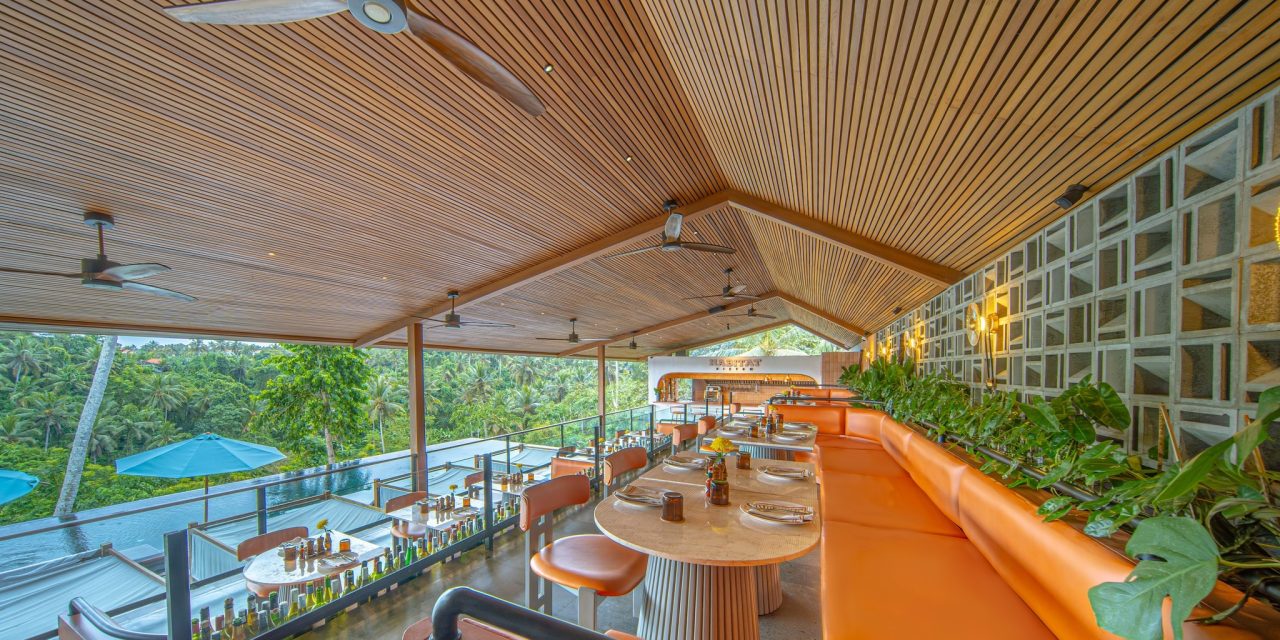Bali—an island often hailed as paradise—offers so much more than its picturesque beaches and vibrant nightlife. What truly captivates the heart of this island are its rich cultural traditions, deeply rooted in spirituality and community. If you’re planning a trip to Bali and want to go beyond the typical tourist experience, I’d love to share some authentic Balinese traditional culture experiences that will weave you into the very fabric of this magical place.
The Warm Embrace of the Local Community
Imagine this: You arrive in Bali, and while everyone rushes towards the infamous beach bars, you take a different path toward a small village where a local festival is unfolding. As you enter the village, the sweet scent of frangipani fills the air, and the cheerful sounds of Gamelan music draw you in like a moth to a flame.
During my visit a few years ago, I stumbled upon a village celebration called Odalan—the local temple festival. The locals were adorned in vibrant sarongs and elaborate offerings filled with fruits, flowers, and incense. I joined in their ritual, making offerings and learning about their beliefs firsthand. The kindness and warmth with which they welcomed me felt like being wrapped in a familial embrace.
A Practical Tip:
Don’t shy away from local festivals! Check with your accommodations or local tourism boards about upcoming events. Participating not only enriches your experience but also creates lasting memories.
The Art of Balinese Cooking
If you think Bali’s culinary scene starts and ends with Babi Guling (suckling pig) and Nasi Ayam (chicken rice), think again. To truly connect with Balinese culture, taking a cooking class is a must. I remember one afternoon with a local chef named Ketut, who took us through the bustling market of Ubud to gather fresh ingredients.
We chatted about the significance of each spice—the warmth of turmeric, the bite of chili, and the fragrant lemongrass. Back at his home, we spent hours chopping, grinding, and laughing over simmering pots, learning not just about the recipes, but the stories behind them.
Cooking Class Recommendations:
– Paon Bali Cooking Class: This program is rooted in tradition and emphasizes fresh, local ingredients. You’ll even get to prepare your dishes in a traditional Balinese kitchen.
– Masakan Bali Cookery School: Located in Ubud, focusing on authentic cooking techniques and incorporating visits to local markets.
Spiritual Connections Through Offerings
Beyond the vibrant festivals and culinary delights, the spiritual essence of Balinese culture is palpable in their daily rituals. Every morning, the locals create Canang Sari—small offerings made of woven palm leaves filled with flowers and rice, which they place at temples and doorsteps.
During my exploration of Ubud, a friendly local named Wayan invited me to join her in making Canang Sari. As we sat on her porch, we chatted about spirituality, the significance of gratitude, and the daily practice of giving back to nature and the gods. Despite not being Balinese, she treated me as part of her family, teaching me that these small offerings are a form of love and respect.
A Personal Reflection:
Joining in on this tradition, I felt a renewed sense of gratitude and connection. It reminded me that while material aspects of life are important, the moments spent in gratitude—no matter how small—hold great significance.
Dive Deeper: Traditional Arts and Crafts
When in Bali, don’t miss opportunities to engage with its rich artistry. Batubulan village, known for its stone carvings, is where I marveled at the intricate details and craftsmanship that go into each piece. I met an artisan, Nyoman, who patiently explained the spiritual significance behind his work.
His daughter, a skilled painter, taught me how to paint traditional Balinese masks—a therapeutic experience that reignited my creative spirit. I felt more connected to the essence of Balinese culture as I practiced the delicate art of storytelling through colors.
Arts & Crafts Workshops:
– Bali Culture Tours: They offer various classes from batik painting to traditional textile weaving.
– Karma House Bali: Focuses on sustainability and traditional craftsmanship, perfect for a more eco-conscious traveler.
Engage with the Nature
Bali’s culture is deeply intertwined with its natural environment. On a trek to the Tegalalang Rice Terraces, I witnessed the stunning landscape and the ancient subak system—a cooperative water management system that governs the irrigation of rice fields.
Interactions with local farmers turned into a beautiful exchange of knowledge. They shared with me their environmentally friendly farming methods and rooted philosophies while I attempted to help with the planting of rice seedlings. It was a muddy, hilarious affair; watching locals laugh as I fumbled was an experience of pure joy.
Nature Engagement Options:
– Sacred Monkey Forest Sanctuary: A conservation area and a sanctuary where Balinese culture meets nature.
– Mount Batur Hiking Trip: Not just a hike; it’s a cultural journey with locals sharing tales of folklore during sunrise.
Final Thoughts: Embrace the Heart of Bali
As you plan your journey, remember that the heart of Bali lies within its cultural experiences. Get your hands dirty, dance alongside locals, share a laugh, and engage fully. Authenticity in experiences often stems from genuine connections—and in Bali, the locals are more than willing to share their heart’s stories with you.So pack your bags, keep your exploratory spirit alive, and say yes to all the authentic Balinese traditional culture experiences that come your way. The island of the gods is ready to embrace you, and trust me, its warm and vibrant culture will leave an indelible mark on your heart. Safe travels!






